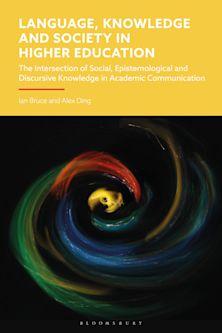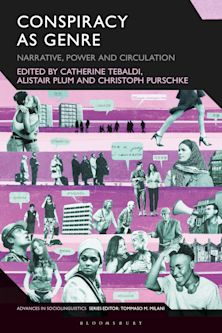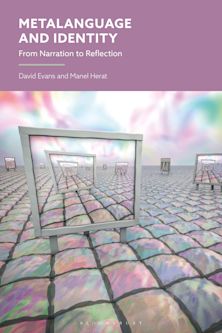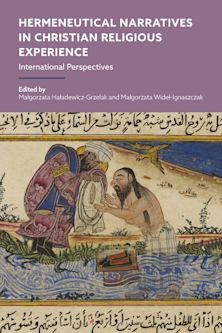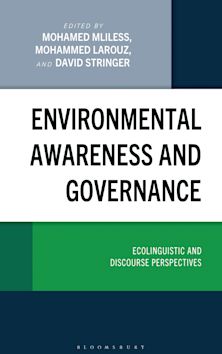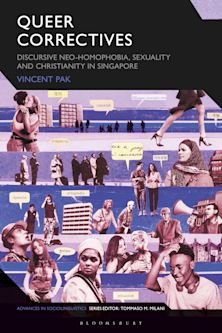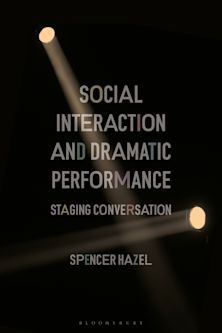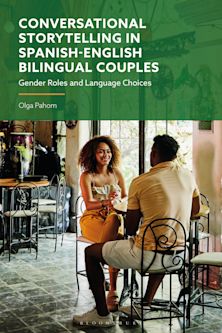- Home
- ACADEMIC
- Linguistics
- Discourse Analysis
- Evaluation in Media Discourse
You must sign in to add this item to your wishlist. Please sign in or create an account
Description
Evaluation is the linguistic expression of speaker/writer opinion, and has only recently become the focus of linguistic analysis. This book presents the first corpus-based account of evaluation; one hundred newspaper articles collated to form a 70,000 word comparable corpus, drawn from both tabloid and broadsheet media. The book provides detailed explanations and justifications of the underlying framework of evaluation, as well as demonstrating how this is part of the larger framework of media discourse. Unlike many other linguistic analyses of media language, it makes frequent reference to the production circumstances of newspaper discourse, in particular the so-called 'news values' that shape the creation of the news.
Cutting-edge and insightful, Evaluation in Media Discourse will be of interest to academics and researchers in corpus linguistics and media discourse.
Table of Contents
I. Evaluation and newspaper discourse
1. Analysing evaluation in the news
2. The news story in its context
3. Delimiting evaluation
4. A new theory of evaluation
II. Evaluation in the press: a corpus-based analysis
5. Evaluation in the press: a corpus-based pragmatic analysis
III. Empirical and theoretical issues
6. Evaluation: broadsheets vs. tabloids
7. Implications for a new theory of evaluation
References
Appendices
Product details
| Published | 01 Nov 2008 |
|---|---|
| Format | Ebook (PDF) |
| Edition | 1st |
| Extent | 272 |
| ISBN | 9781441139160 |
| Imprint | Continuum |
| Series | Corpus and Discourse |
| Publisher | Bloomsbury Publishing |
About the contributors
Reviews
-
The author skillfully combines the quantitative calculations of distrubution of evaluations and qualitative comments on their discourse functions. The author ensured the validity of her choice of what as marked as evaluative also by consulting previous research, native speakers, the Bank of English and corpus-based dictionary. Further strengths of Bednarek's approach are that it is eclectic and does not require commitment to a particular theory of grammar.
Discourse Studies













